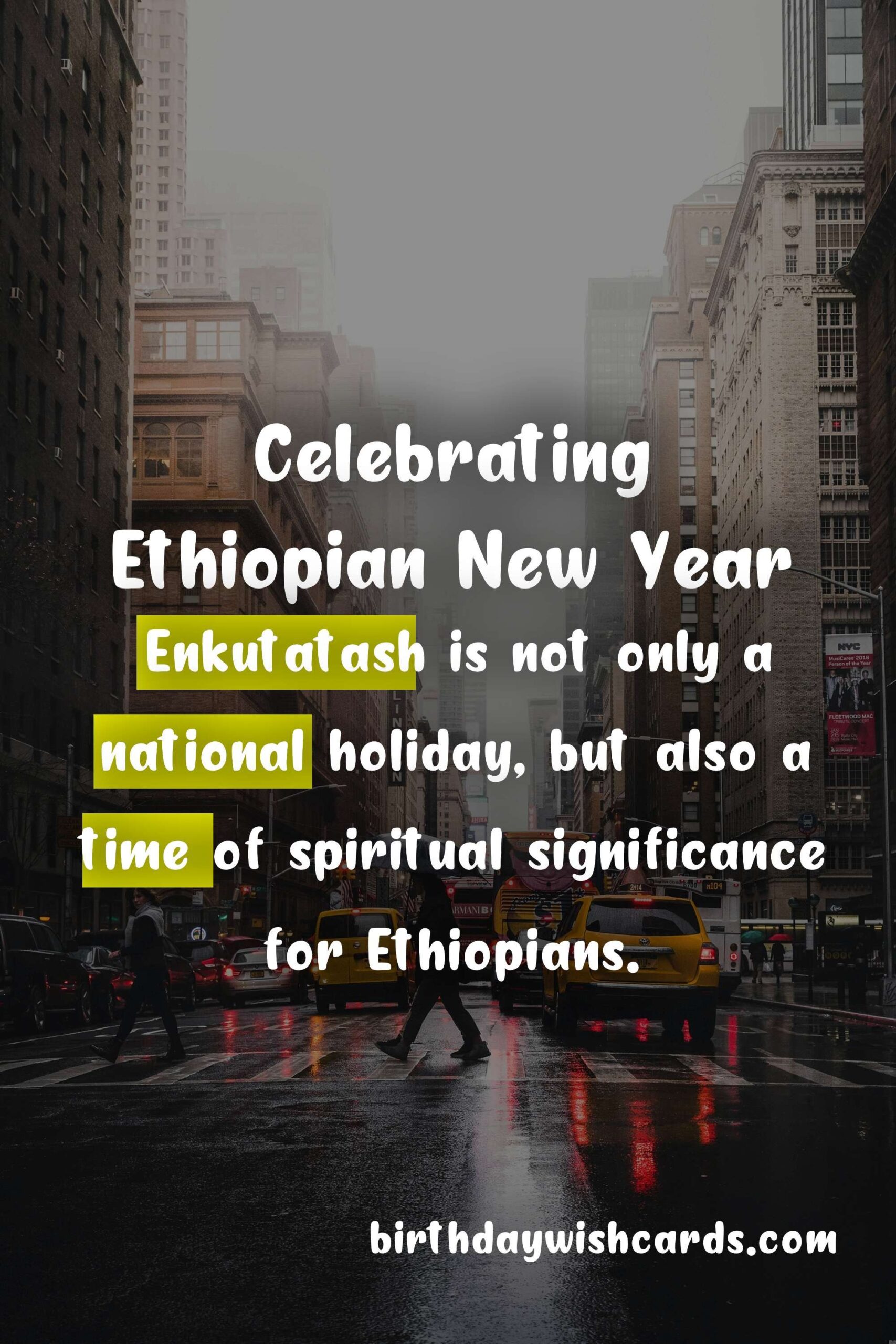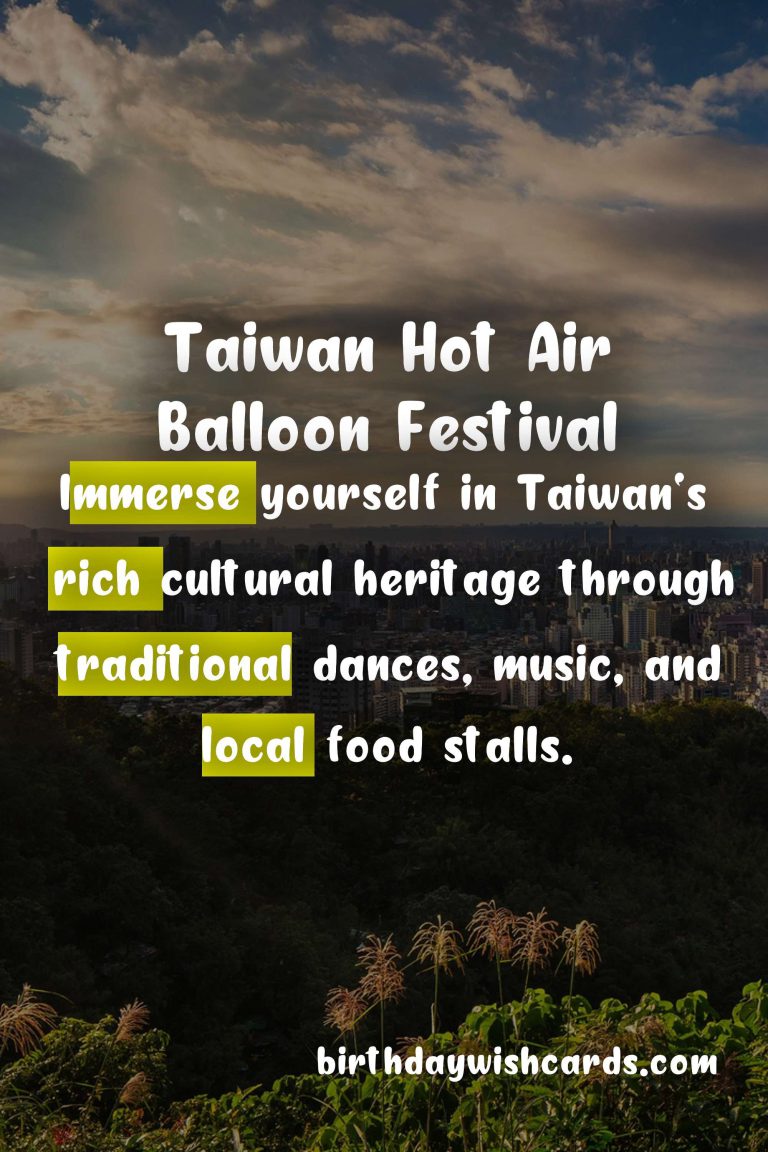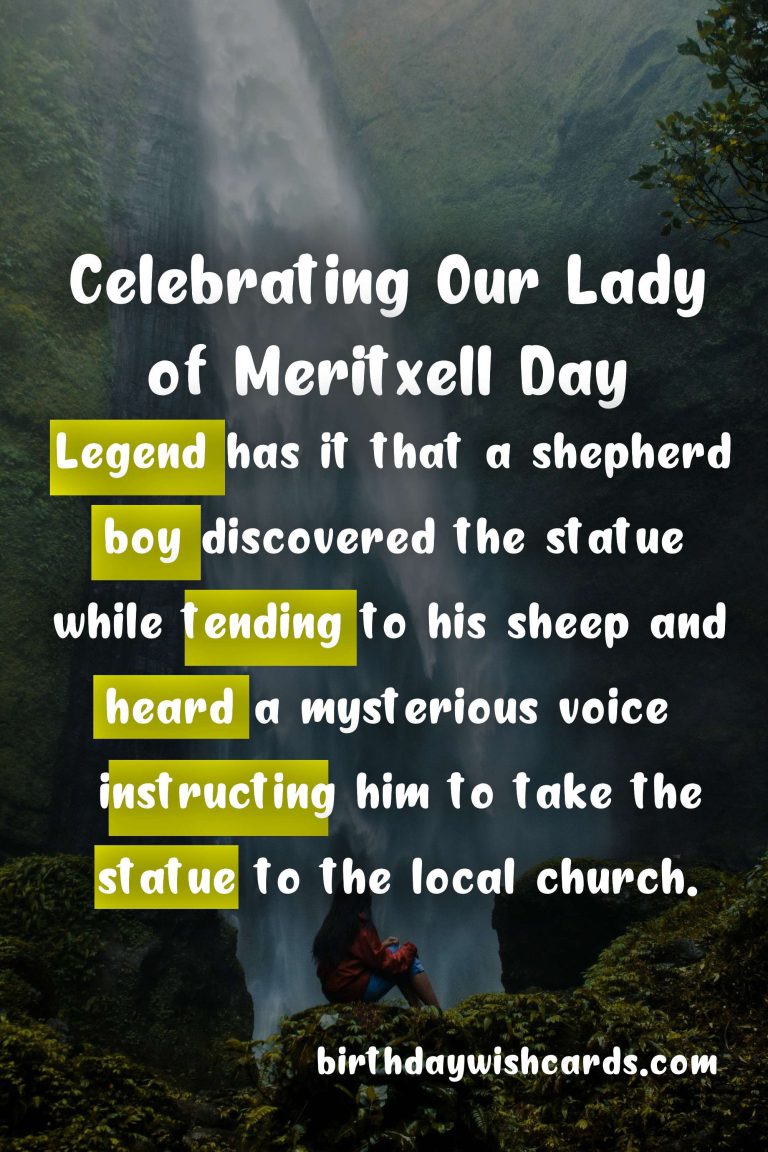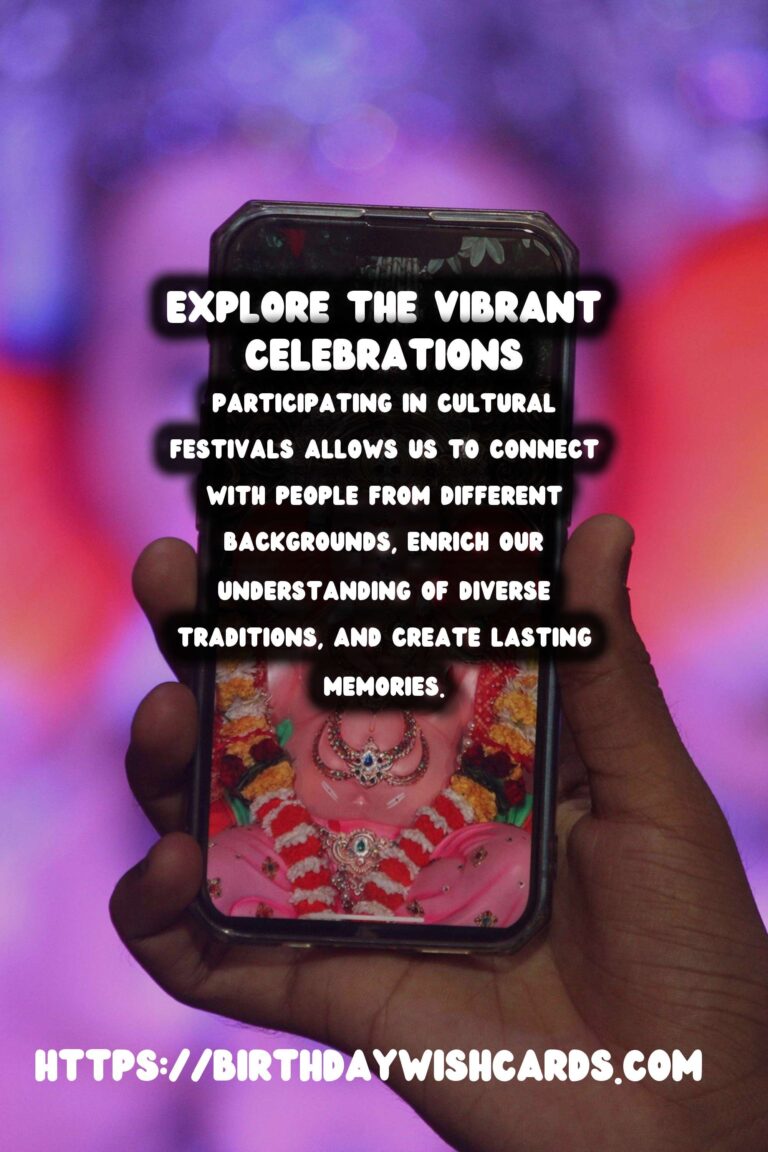Celebrating Ethiopian New Year – September 11: A Time of Reunion and Thanksgiving
Introduction
The Ethiopian New Year falls on September 11 according to the Gregorian calendar, and is known as Enkutatash in Amharic, the official language of Ethiopia. Enkutatash means ‘gift of jewels’ and refers to the story of how the famous Queen of Sheba returned from visiting King Solomon of Israel with a wealth of gold and precious jewels, which she shared with the people of Ethiopia. It is a day of celebration, feasting, and thanksgiving for the year’s blessings and a fresh start for the year ahead.
The History of Enkutatash
The celebration of the Ethiopian New Year dates back over 2,000 years, with its roots in the traditions and beliefs of the ancient Ethiopian civilization. According to legend, the Queen of Sheba’s journey to visit King Solomon resulted in her giving birth to a son, Menelik I, who later became the first emperor of Ethiopia. The Ethiopian Orthodox Church also plays a significant role in the celebration, as it marks the end of the eight-day fast known as ‘Filseta’, where believers abstain from meat and dairy products.
Celebrations and Traditions
The Ethiopian New Year is a time of joy and celebration, with families and friends coming together to share a meal and exchange gifts. Homes and churches are decorated with fresh flowers and colorful decorations, and traditional foods such as ‘injera’ (a flatbread) and ‘wat’ (stew) are prepared for the feast. The elderly and children are also given special attention and gifts on this day.
Another unique tradition during Enkutatash is the ‘Maskal’ ceremony, where bonfires are lit in different locations throughout the country. People gather around the fire, singing and dancing, and jumping over the flames as a symbol of casting away the previous year’s sins and starting anew. The bonfires are also lit to commemorate the discovery of the True Cross by Empress Helena, mother of Constantine the Great, in the 4th century.
The Significance of Enkutatash
Enkutatash is not only a national holiday but also a time of spiritual significance for Ethiopians. It represents a new beginning, a time to reflect on the past and look forward to the future with hope. It is also a time of thanksgiving, where people express gratitude for the blessings of the past year and pray for a fruitful year ahead.
Enkutatash means ‘gift of jewels’ and refers to the story of how the famous Queen of Sheba returned from visiting King Solomon of Israel with a wealth of gold and precious jewels, which she shared with the people of Ethiopia.
The celebration of the Ethiopian New Year dates back over 2,000 years, with its roots in the traditions and beliefs of the ancient Ethiopian civilization.
The Ethiopian Orthodox Church also plays a significant role in the celebration, as it marks the end of the eight-day fast known as ‘Filseta’, where believers abstain from meat and dairy products.
The Ethiopian New Year is a time of joy and celebration, with families and friends coming together to share a meal and exchange gifts.
Another unique tradition during Enkutatash is the ‘Maskal’ ceremony, where bonfires are lit in different locations throughout the country.
Enkutatash is not only a national holiday, but also a time of spiritual significance for Ethiopians.










#EthiopianNewYear #September11 #Enkutatash #QueenOfSheba







